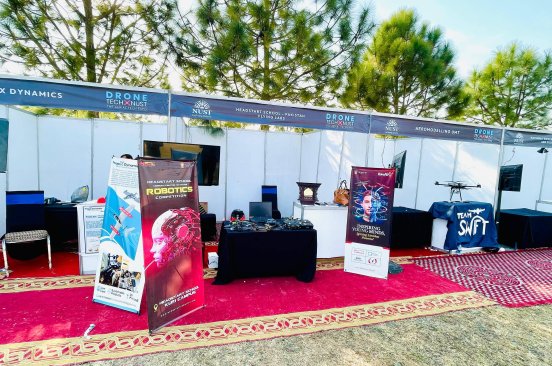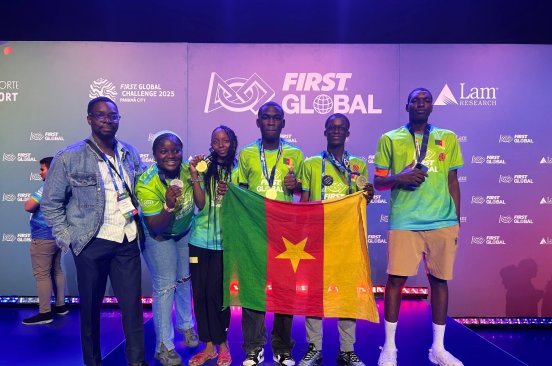
WATCH: Ending Malaria in Madagascar, Tanzania, and Beyond
Madagascar Flying Labs and Tanzania Flying Labs host a webinar on the role of drone technology in fighting and eliminating malaria in their countries.
November 30th, 2021
On October 4th, Leslie from Madagascar Flying Labs and Yussuf from Tanzania Flying Labs hosted a webinar to share insights on the role of drone technology and the contribution of the Flying labs in fighting and eliminating malaria in their countries.
For context, each year, there are nearly 230 million cases of malaria worldwide. Ninety-four percent of malaria cases and deaths occurred in Africa. Seventy percent of the 400,000 killed by the disease are children. For some, this is proof of the failure in our fight against malaria. malaria is one of the leading causes of illness and death in Madagascar, although significant efforts have been made in recent years.
With the rise in resistance to mosquito net insecticides, controlling the spread of mosquitoes is now crucial to fighting the disease. In addition, Madagascar is one of the world's largest consumers of rice, which is also an ideal habitat for the development of mosquito larvae, a well-known vector of malaria.
In this context, the NGO Abt Associates, in collaboration with USAID, launched a larvicide project in two highly impacted regions of Madagascar. Abt Associates trusts drone technology to carry out this project in partnership with Aerial Metric, which hosts Madagascar Flying Labs. Madagascar Flying Labs will carry out their project in two phases; phase one includes mapping activities, of which more than 20,000 hectares in two districts of Madagascar have been mapped. The second phase includes more than 70 aerial sprays that will be carried out twice a month.
In the case of Zanzibar Islands, the malaria cases have fallen to less than one percent, and the organization leading malaria management changed from Zanzibar Malaria Control Program to Zanzibar Malaria Elimination Program. In addition, the program has been working with different partners in fulfilling the objective to make Zanzibar free from malaria—among them is Tanzania Flying Labs.
The central vision within the Tanzania Flying Labs is to tackle all the possible use cases related to technology usage, focusing on flying robots and terrestrial robots and understanding how to use technology to fight diseases, work with organizations and partners to provide disaster support.
In the last five years, Aerial metric has been designing cargo drones to deliver life-saving health products such as malaria drugs, vaccines, antibiotics, drugs, etc., to Madagascar's most vulnerable and isolated populations. Madagascar faces difficulties like many African countries in terms of road and transportation; this is why drone technology has become an effective tool in supporting healthcare delivery. The drones used for these projects in Madagascar are designed and assembled within the country; Leslie believes this is one way of participating in her country's economic development.
Pending when malaria vaccine is widely available to people on the continent, Leslie and Yussuf both believe prevention using drone technology is an effective method of gradually reducing the spread of malaria.
Category(s)
Location(s)
Recent Articles
View All »

Team Cameroon's Road to Victory at the First Global Robotics Competition 2025
